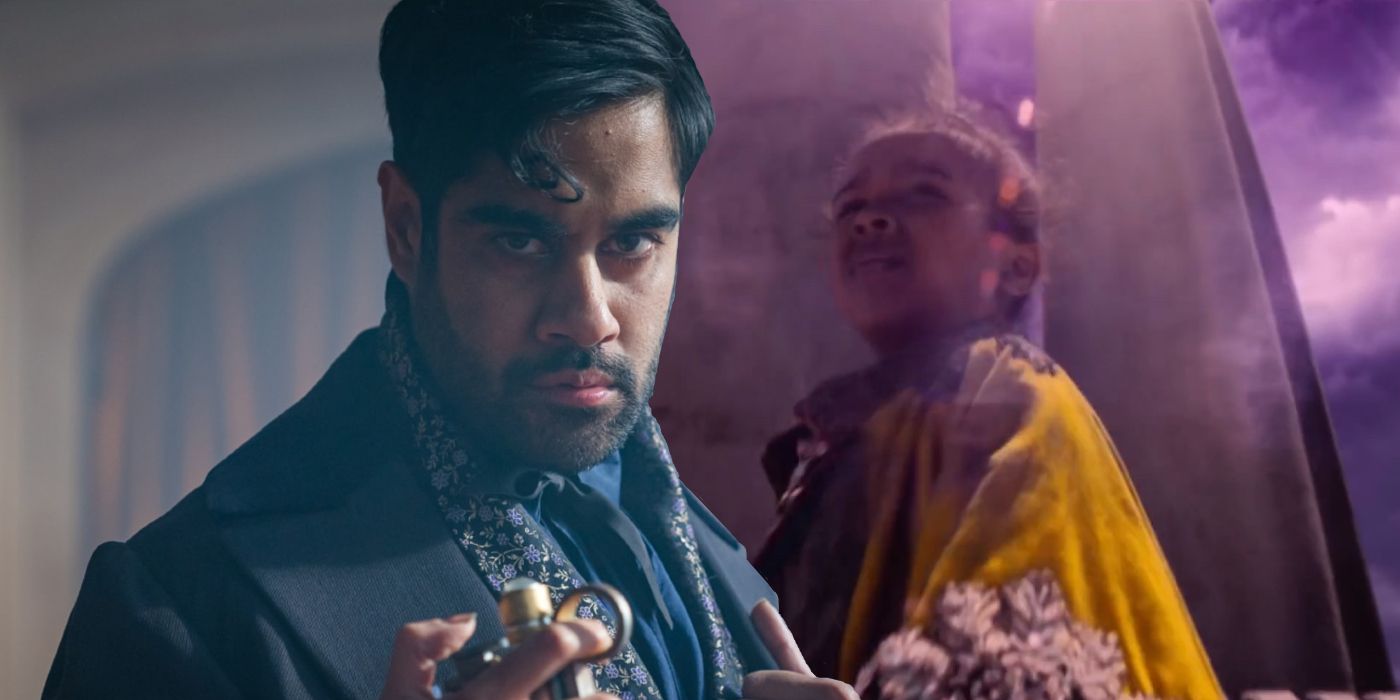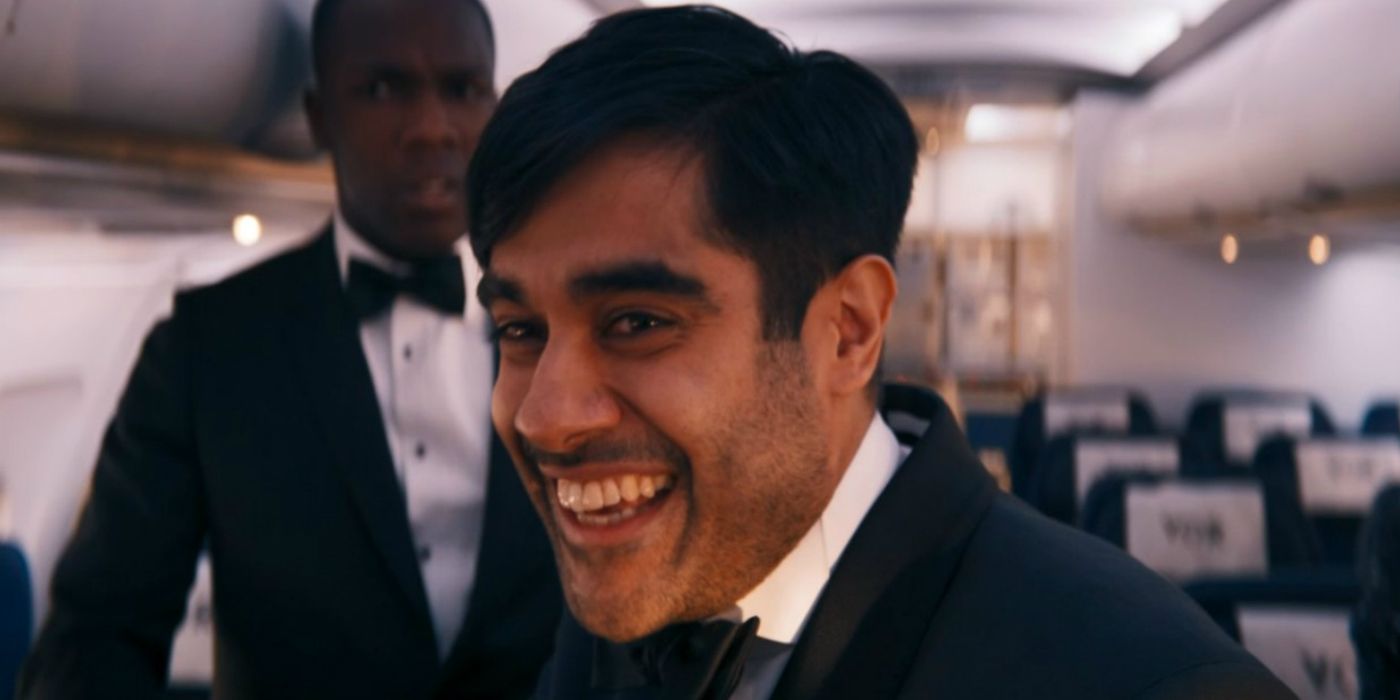There are good reasons the Master was so shaken when he discovered the Doctor was the Timeless Child in Doctor Who. Doctor Who season 12 saw Chris Chibnall launch the biggest retcon since 1969's "The War Games," when the Time Lords were first introduced. The Master's efforts to raid Gallifrey's ultimate repository of knowledge, the Matrix, had led him to discover a secret long-buried by the Time Lords; that the power of regeneration had been acquired from the Timeless Child, a being who potentially predated the universe itself. He successfully identified this Timeless Child as the Doctor.
The Master's reaction was extreme even by his standards. Furious at the deception, he committed a horrific act of genocide against his own people and destroyed Gallifrey, before going on to taunt the Doctor with hints of her true identity. The Doctor was understandably bewildered, because her memories of the past had been forcibly erased and so she hadn't a clue what he was talking about. The truth was finally revealed when the Master took the Doctor into the Matrix in the ruins of Gallifrey, and granted her the same visions he had uncovered that had led him to realize the truth. But Doctor Who season 12 never really explained why the Master took the Timeless Child retcon so personally.
The key lies in the fact that, as the Timeless Child, the Doctor has unlimited regenerations, whereas Time Lords were programmed with a limited regeneration count. Chibnall's understanding of the Master is profoundly influenced by the classic series, where the Master was motivated by his fear of death above almost everything else. He burned through his regenerations too swiftly, sacrificing them on disguises and in risky endeavors, and wound up going to ever-more-insane lengths to try to extend his life. In "The Deadly Assassin" he was prepared to sacrifice his homeworld to gain more regenerations, he was motivated by a fear of death in "The Keeper of Traken," and was willing to work for the Time Lords in return for a new regeneration cycle in "The Five Doctors." The true lengths of the Master's eagerness to escape death were revealed in Paul McGann's 1996 Doctor Who TV movie, when he transformed himself into something far beyond a mere Time Lord in an attempt to claim the Doctor's remaining regenerations. Given this is the case, the Master took the Timeless Child reveal as a personal betrayal, because it meant the Time Lords had actually programmed him with limits he did not believe he should possess. No wonder the Master hated the Timeless Child even more than he did the Doctor.
The betrayal is, of course, compounded by the fact the Doctor - the Master's greatest rival - does not possess these limits. The Master has always sought to prove himself greater than the Doctor, but now he is less than her in the thing that matters to him above all other things. She was alive a billion years before he was born, and when all his attempts to prolong his life have ultimately failed she will still be there.
Or so he initially believed, of course. Doctor Who: Flux set up the Master's final battle with the Thirteenth Doctor, with the avatar of Time itself warning the Doctor there would be no regenerations this time. "Beware of the forces that mass against you," Time told the Doctor, "and their Master." It seems the Master has moved on, aiming to find a way to kill even the Timeless Child - and, according to Time, he has found a way to do so. The Master's focus on killing the Doctor makes a twisted kind of sense in light of the Timeless Child retcon, simply because it is only by killing the unkillable that he will prove himself master of death itself. And so the greatest villain in Doctor Who is determined to return - and make the Doctor regret it.


